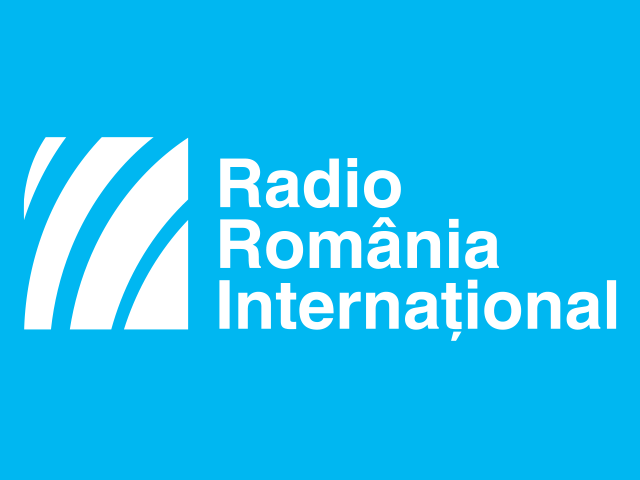Resistance through radio
Former Radio Free Europe journalist publishes book of memoirs about this station in the 1970s and 80s.

Steliu Lambru, 05.09.2022, 14:00
No political regime in history ever achieved to be completely sealed off, not even the totalitarian regimes or dictatorships with their ambitions to control their societies. People have always managed to break through every wall meant to keep them isolated and to communicate with the outside world. No one can ever stop people from voicing their suffering when this is caused by an abusive and criminal regime. Breaking through the curtain installed by the communist regime after 1945, the radio waves carried the messages of hope of the people suffering behind this curtain. Radio Free Europe was one of the broadcasters that took on the mission of keeping alive the idea of freedom.
The translator and journalist Liviu Tofan emigrated to West Germany at the beginning of the 1970s and began to work for Radio Free Europe. During the Covid-19 pandemic, he published a book called Ne-au ținut în viață. Radio Europa Liberă 1970-1990 (They Kept Us Alive. Radio Free Europe 1970-1990), which contains his memoirs as well as excerpts from the archives of the former Romanian secret police, the Securitate, about Radio Free Europe. Tofan believes this station was unique and was forever ingrained in the collective consciousness of Romanians in the last two decades of the communist regime:
Many spoke about Radio Free Europe as a media phenomenon or the foremost Romanian broadcasting station during communism. Based on this description then, I say Noel Bernard and Cornel Chiriac were the personified phenomena of Radio Free Europe. They each had a truly special contribution to the success of this station, to its ratings, which were the highest among all the departments of Radio Free Europe. The Romanian section, despite being the second smallest, had the biggest ratings in its target country.
The journalists who worked for Radio Free Europe were not only professionals, they were heroes, a description which is far from being an exaggeration, given that some paid with their lives for their desire to speak freely. Liviu Tofan:
Cornel Chiriac is most certainly one of them. In my book there’s a whole chapter about the Securitate’s relations with Radio Free Europe. We were viewed by the communist regime and by the Securitate as the regime’s main threat and biggest adversary among the Romanian people. We were 1,500 km from Bucharest and had no means at our disposal to do anything concrete against the regime. But we did have an enormously large number of listeners. We had a special department in Munich that constantly measured the ratings of the programmes and had a fairly good idea about the impact of our programmes. In my book I tried to make an overview of some of the actions taken by the Securitate against Radio Free Europe, including the bomb attack of 21st February 1981. One of the direct victims of the Securitate was Emil Georgescu, who, in the summer of 1981, was assaulted by two French criminals and only made it alive my a miracle, although the attack was very serious. As for Noel Bernard, who died of cancer in December 1981, as well as other colleagues who also died of cancer, I have my own opinions. I knew them all, I was familiar with their cases and I tried to shed light on this theory that they were in fact exposed to radiation or killed by the Securitate, a theory I do not share.
We asked Liviu Tofan if he wasn’t afraid to criticise openly a regime that was clearly capable of causing harm:
We were so caught up in our day-to-day work that we didn’t even have time to think that we should be afraid. At the same time, Radio Free Europe was inundated with threats. There were so many that they had lost their ability to scare us, every month we would receive a new threatening letter or phone call. Noel Bernard never paid them much attention, although he was their main target. Not even when Cornel Chiriac was killed did he think that the Securitate may have been involved. It wasn’t until Monica Lovinescu was assaulted in November 1977, one day before the arrival of Paul Goma to Paris, that Noel began to be somewhat worried. But this was exactly what the Securitate was trying to do, to intimidate us, to scare us so much that we wouldn’t be able to work and lose our minds. Well, this didn’t happen! The regime would have been more successful in fighting Radio Free Europe not through threats against us but if they had done what Hungary did: improve people’s living conditions. This would have been the only way to fight the threat posed by Radio Free Europe.
Radio Free Europe kept Romanians’ hopes alive in the 1970s and 1980s; it was close to them in their most difficult moments, as well as the historic moments when they regained their freedom in December 1989.






























